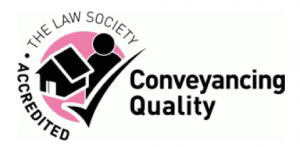
Inheritance Tax (“IHT”)
 Reduce your inheritance tax by using our inheritance tax planning services
Reduce your inheritance tax by using our inheritance tax planning services
IHT is a tax that is payable on death of an individual at a rate of 40% on the value of their net estate that exceeds £325,000. Therefore, as an example, if the net estate (assets less liabilities and funeral expenses) is £400,000 the IHT payable could be £30,000.
There are a limited number of potential exemptions and IHT reliefs that can reduce the amount of IHT payable.
Our Inheritance Tax Planning team
We have a strong team dedicated to estate and inheritance tax planning, committed to helping you to protect your assets. Our private client lawyers are well informed on the various estate planning options available, and offer you advice tailored to your circumstances. We have experienced lawyers available for appointments at all our office locations.
Usman Khan Solicitor and Head of Private Client
Johanna Knott BA SFE TEP Solicitor, member of STEP (the Society for Trust and Estate Practitioners) and Solicitors for the Elderly (Chalfont St Giles)
Lucy Pankhurst LLB Hons Solicitor (Stone)
Contact us
To make an appointment with a member of our friendly and responsive legal team to discuss IHT planning please contact us:
Tel: 01494 870075 (Chalfont office) or 01296 747151 (Stone office)
Or complete the form below
Share this page
We are accredited with






